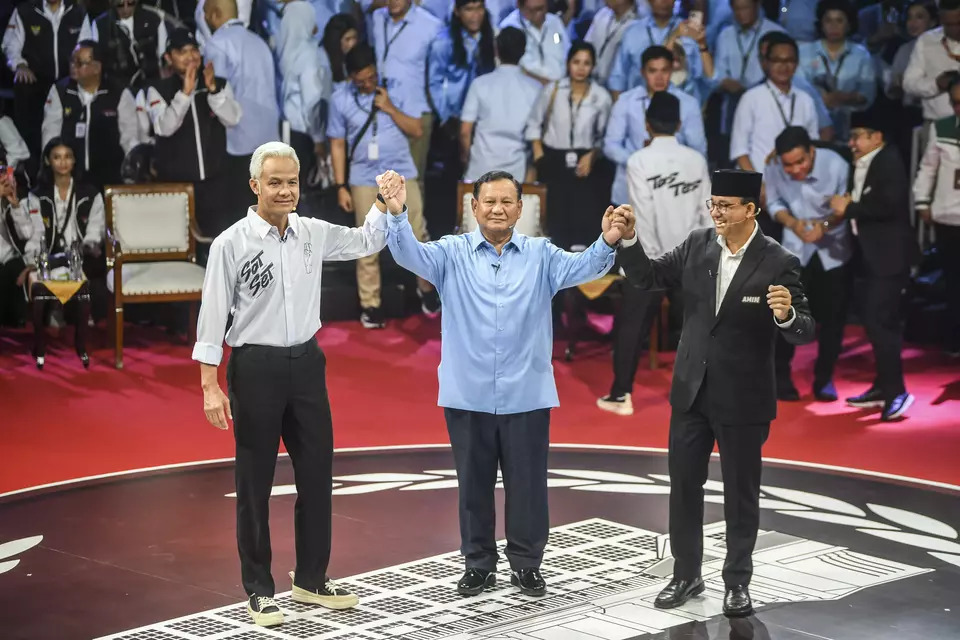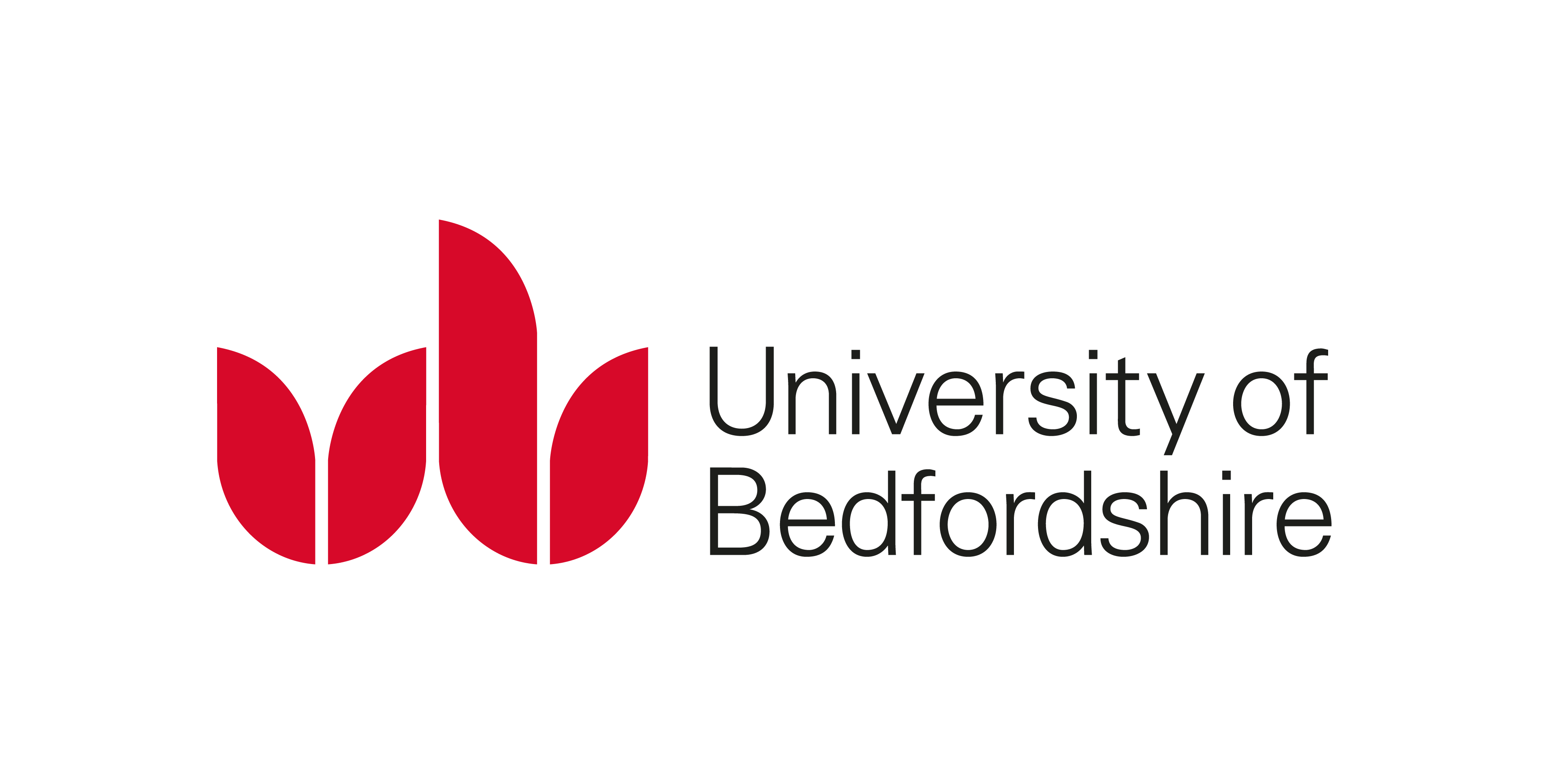
As Indonesia eagerly anticipates the 2024 Presidential Election on Feb. 14, 2024, the potential for a single or dual-round election looms. Regardless of the outcome—Anies Baswedan, Prabowo Subianto, or Ganjar Pranowo—business leaders, economists, and investors express a preference for a single-round election.
Shinta Widjaja Kamdani, Chairwoman of the Indonesian Employers’ Association (Apindo), said business leaders and potential investors are eagerly awaiting the outcome of the 2024 Presidential Election, as it will determine the future direction of business activities.
“The inclination of business leaders and potential investors, especially in the real sector, will wait and see before deciding on business expansions. They are awaiting the election results before making decisions,” she said in a recent interview with Beritasatu.com, a sister publication of the Jakarta Globe.
A single-round election requires a candidate pair to secure more than 50 percent of the total votes, with at least 20 percent of the votes in each province spread across more than half of Indonesia’s provinces.
The Permanent Voters List (DPT) for the 2024 Election, as established by the General Election Commission (KPU), includes a staggering 204,807,222 eligible voters. To win in a single-round election, one presidential and vice-presidential pair must garner support from 102.5 million voters.
In the event of a two-round election, the KPU would initiate a second campaign period for the two candidates who qualify for the runoff, spanning from June 2 to June 22, 2024. The second round of voting is scheduled for June 26, 2024.
Minister of Investment/Head of the Investment Coordinating Board (BKPM) Bahlil Lahadalia said a single-round election would provide investment certainty more swiftly.
“The investment impact is very good if it’s a single-round election to provide certainty about who will be elected,” he said.
Bahlil downplayed concerns about which candidate pair would emerge victorious, emphasising that a single-round election has several positive effects, particularly in creating a conducive investment climate.
“It doesn’t matter who wins; what matters is that we have certainty from the beginning. This way, we can plan strategic steps to attract investment because otherwise, it will create uncertainty that can slow down the process,” he added.
Senior economist Raden Pardede also highlighted the benefits of a single-round election, providing faster certainty to investors. A single-round election would reduce the waiting period (wait and see) by approximately four months.
“If it’s two rounds, it won’t be finished until June. So, the wait-and-see period of about four months can be reduced. This waiting period is a period of uncertainty, both in the capital market, financial markets, and the business world that wants to make investments,” explained Raden.
Raden also emphasised the substantial budget savings that could be achieved if the 2024 Election is a single-round event. This budget could be redirected by the government for other productive purposes.
“This budget can be used for other government programs, given that the current administration has nine months remaining, and there are still unfinished programs,” he revealed.
The Ministry of Finance has allocated a budget of Rp 71.3 trillion ($4.5 billion) for the 2024 Election, making it the largest in the post-reform era and nearly three times the budget for the 2019 Election, which amounted to Rp 25.59 trillion.
Who Will Win in a One-round Election?
Several survey institutions released the electability results of presidential and vice-presidential pairs for the 2024 Election in January 2024. The findings showed that presidential candidate Prabowo Subianto and Gibran Rakabuming Raka, surpassed the other two candidates, Anies Baswedan-Muhaimin Iskandar and Ganjar Pranowo-Mahfud MD.
Indikator Politik Indonesia’s survey conducted from Jan. 10-16, 2024, revealed that Pair 2, Prabowo-Gibran, had an electability of 48.55 percent, surpassing Anies-Muhaimin at 24.17 percent and Ganjar-Mahfud at 21.6 percent. Approximately 5.68 percent of respondents expressed uncertainty or did not respond.
Similarly, a survey by Lingkaran Survei Indonesia (LSI) Denny Januar Ali (JA) from Jan. 16-26, 2024, positioned Prabowo-Gibran ahead of Anies-Muhaimin and Ganjar-Mahfud.
Prabowo-Gibran’s electability even exceeded the requirement for winning in a single round, reaching 50.7 percent. Meanwhile, Ganjar-Mahfud had 19.7 percent, and Anies-Muhaimin had 22 percent.
“We see the opportunity for a single round from the consistent increase in Prabowo’s popularity. In the last month, they have consistently experienced a 5-7 percent increase. If this increase is maintained, then the opportunity for a single round is very likely,” said LSI Denny JA senior researcher Adjie Alfaraby during the survey release at the LSI Denny JA office in Rawamangun, East Jakarta, on Tuesday, Jan. 30, 2024.
LSI Denny JA’s survey of 1,200 respondents also found that 84% of the public desires the 2024 Election to be held in a single round.
Political observer Ujang Komarudin from Al Azhar University Indonesia underscores the critical nature of the last two weeks preceding the 2024 Election, emphasising it as a crucial period for candidates to garner votes before the polling day on February 14, 2024. Consequently, the upcoming fifth debate on Sunday stands as a pivotal event that candidates cannot afford to ignore.
“In my opinion, the debate will influence public opinion, including influencing the preferences of voters, especially those who are still undecided or have not made a choice,” said Ujang to Beritasatu.com on Saturday, Jan. 27, 2024.
The KPU has determined the theme for the fifth debate, covering social welfare, culture, education, information technology, health, employment, human resources, and inclusion. Ujang hopes that this final debate will focus more on the exchange of ideas and programs than personal attacks, as seen in previous debates.
Source from Jakarta Globe
Original News HERE
































